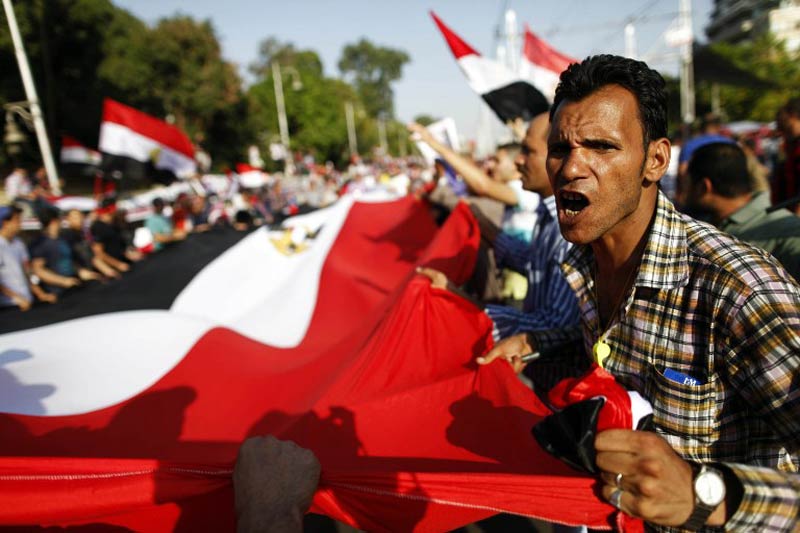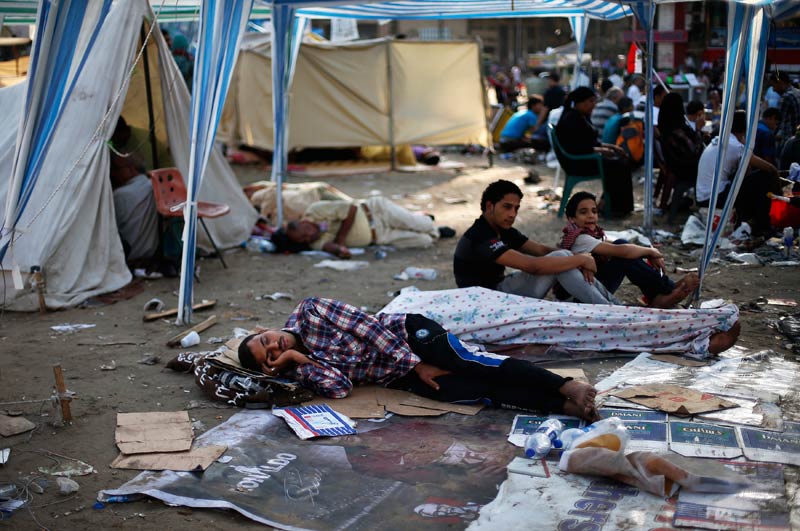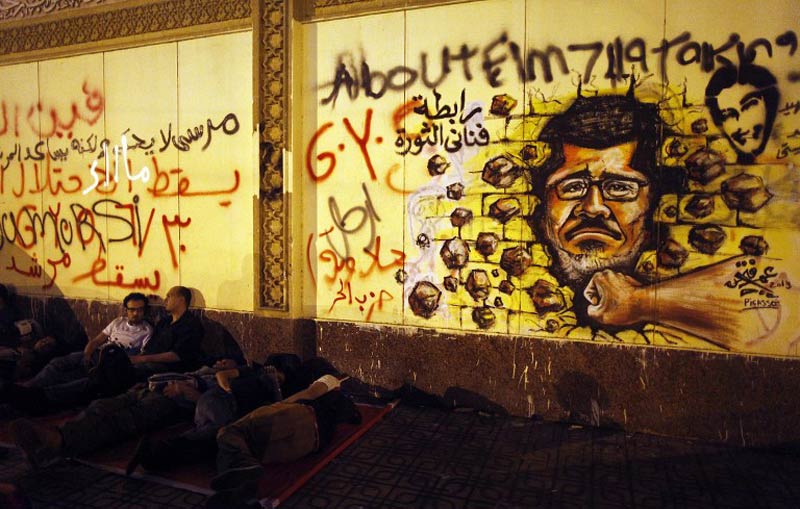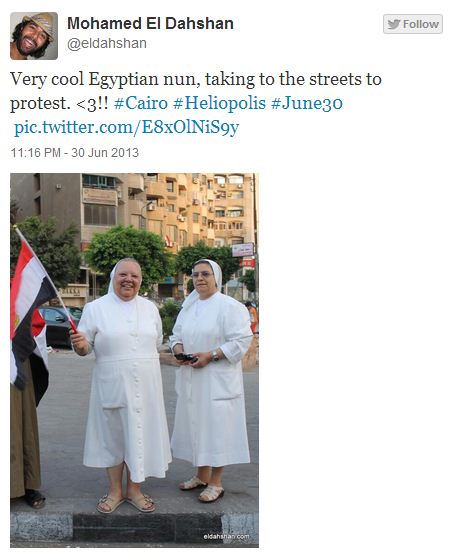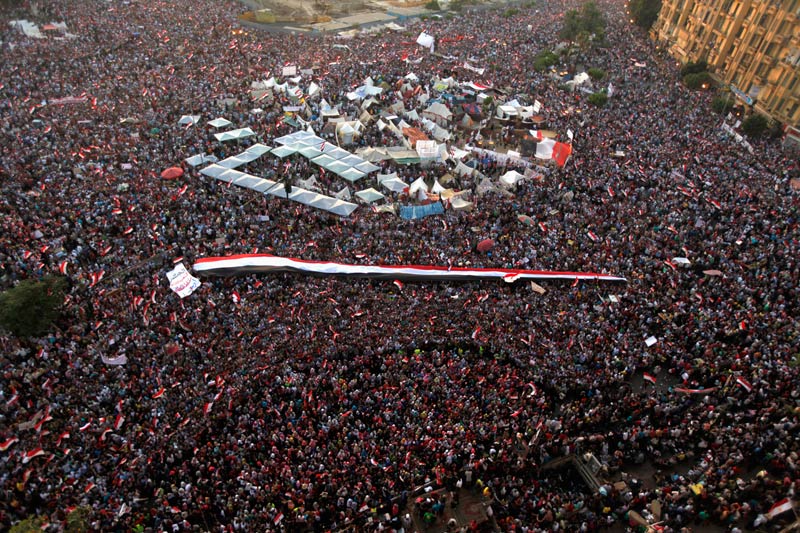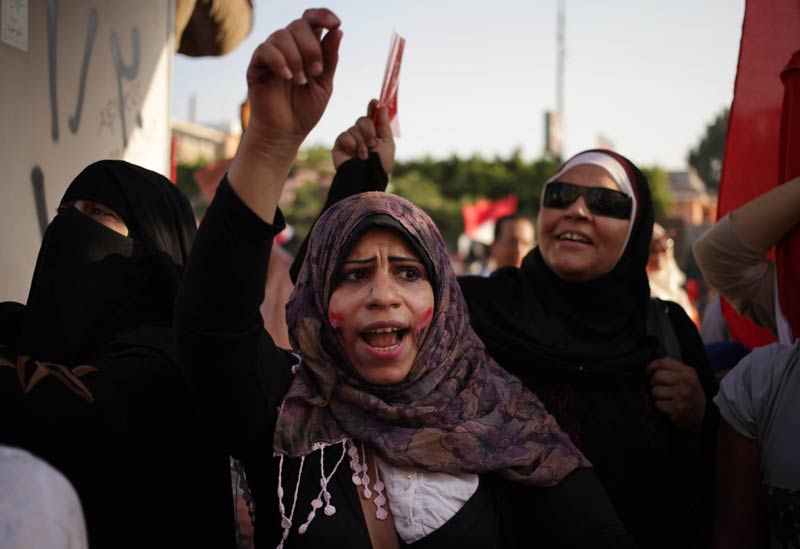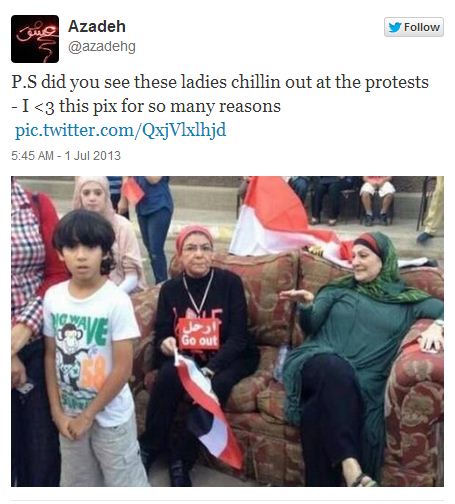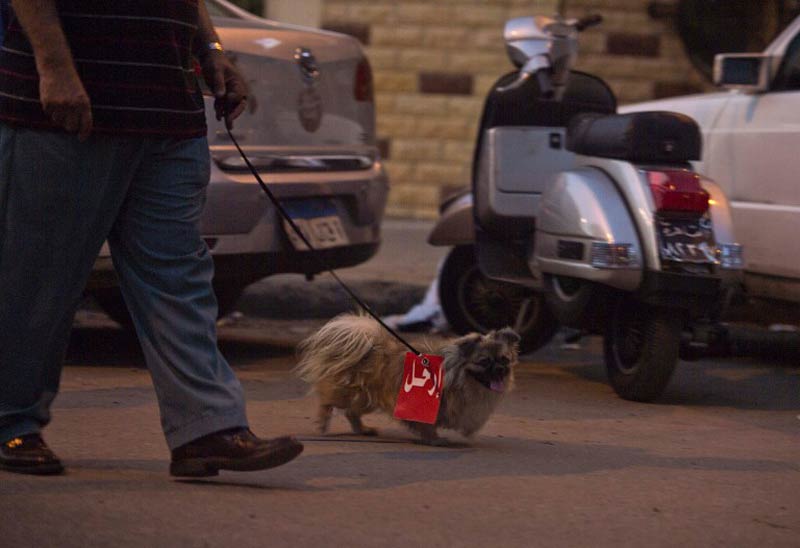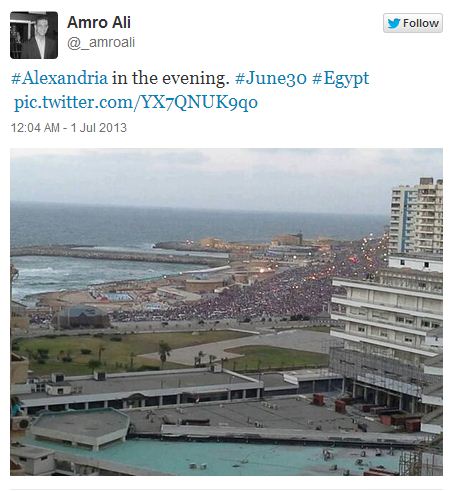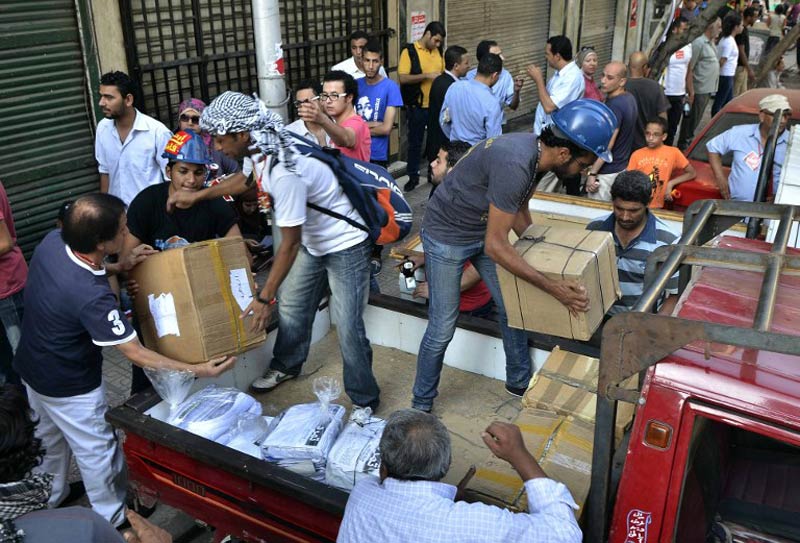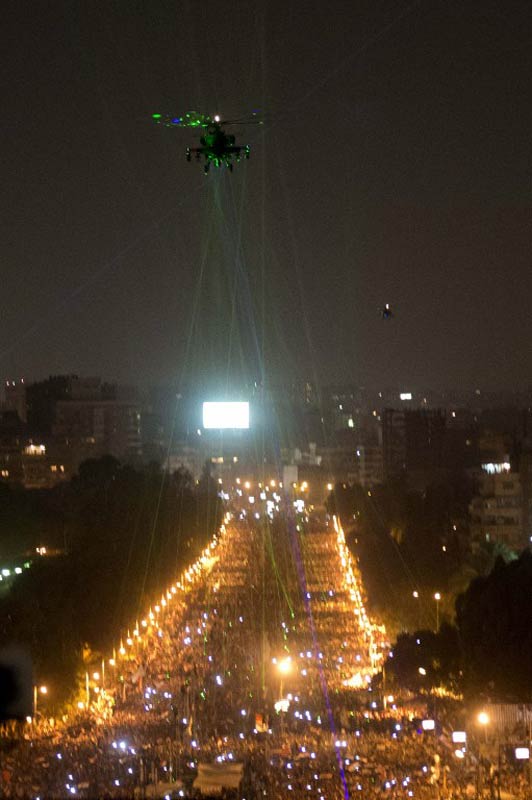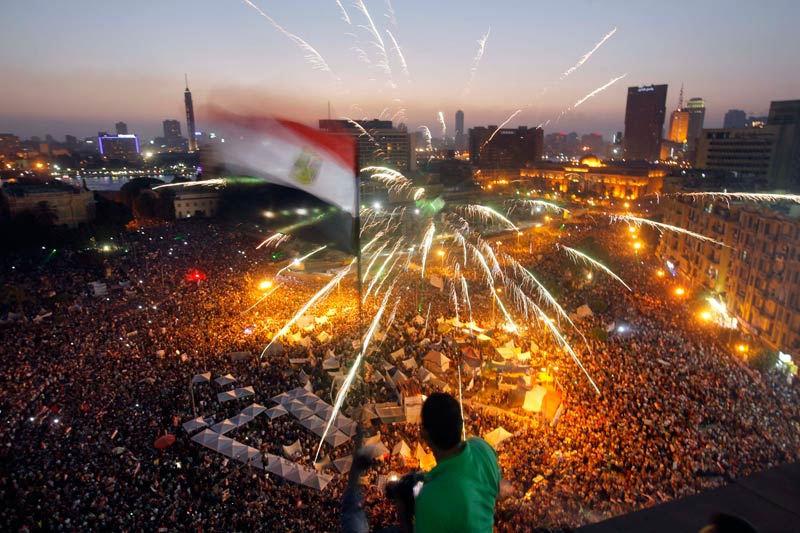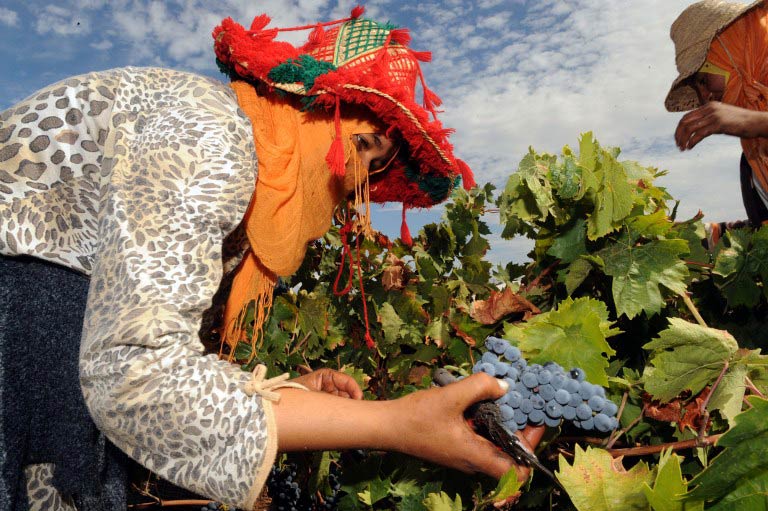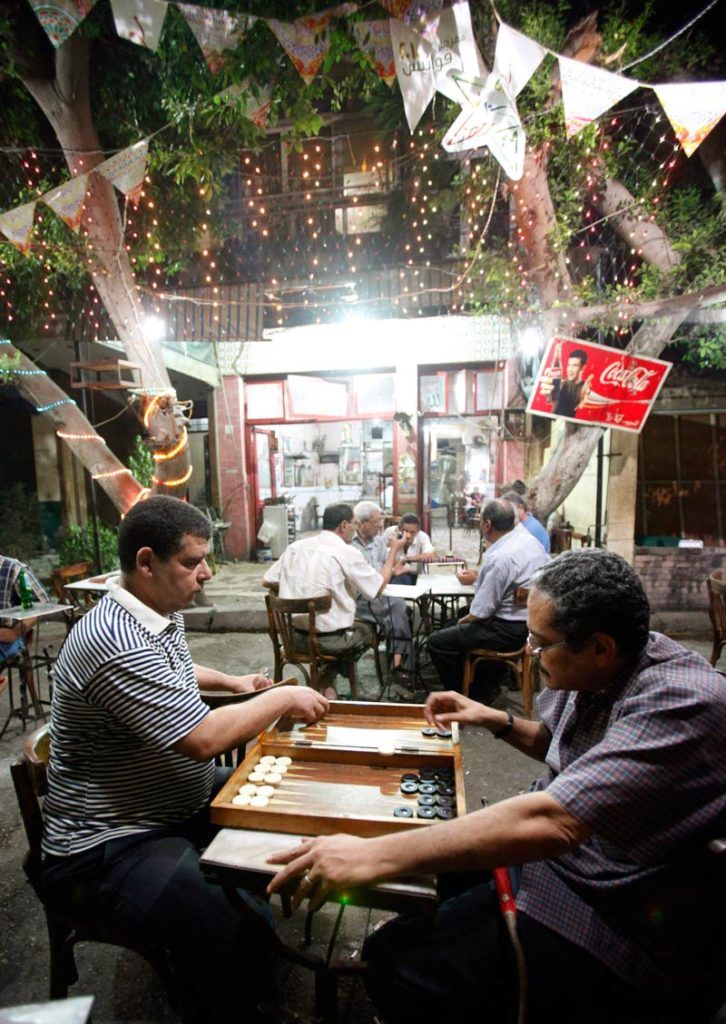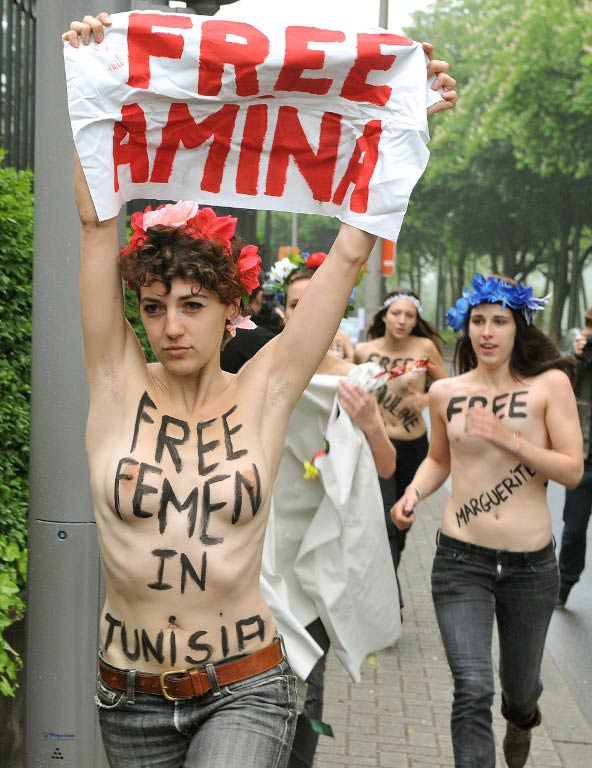Don’t believe everything you read, the old adage goes. In the case of post-revolution Libya, that cannot be truer. Dramatic headlines of civil war, chaos and a failed state are just that: dramatic. I know this to be the case because in a series of crazy and adventurous events, I left my comfortable western life to see how I could make a change in my ancestral homeland.
Since 2004 I’ve been coming to Libya for short summer visits. My father left the country in the late 70s in open and active opposition to the Gaddafi regime, so we weren’t raised with extended family. I enjoyed getting to know them during these trips.
But after two months of North African hospitality, I could not wait to get back to my convenient and consumerist lifestyle in the States. It was a novelty to pick fresh almonds, use tree branches to sweep the floor and milk goats, but I kept thinking about what I would do the moment I was home: get a pedicure and make a Taco Bell run.
Something changed in the summer of 2012. I came to post-revolution Libya and fell in love. It wasn’t with a handsome boy with a dashing smile. It wasn’t a summer fling. I fell in love with the revolution street art; with children making the peace sign as they hung out of car windows; with the protests of people unhappy with the government; with the billboards memorialising our fallen heroes. I fell in the love with the excitement, freedom, and carefree feeling in the air. I fell in love with Libya. And for the first time, I actually imagined moving here.
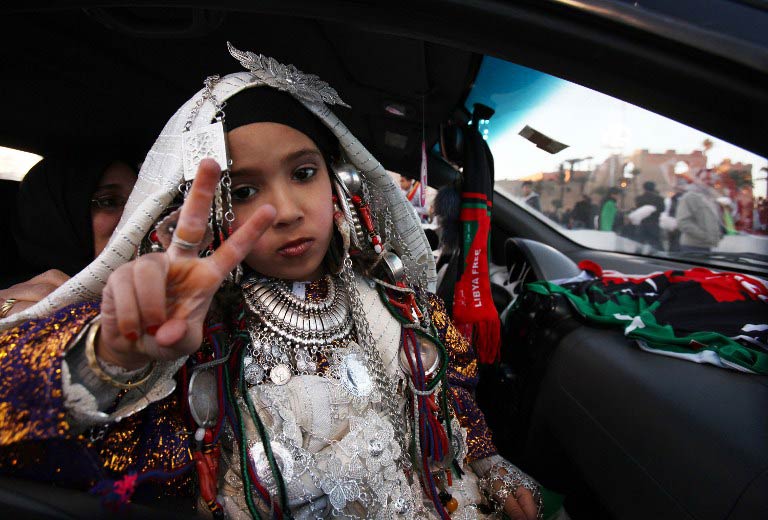
My decision shocked me and everyone who knew me. I am a Walmart-going, interstate-driving, ridiculously large-sized diet-Coke-drinking, Kentucky Basketball-supporting, rap music-listening, preamble-memorising American. I’m the product of the American Dream, of immigrant parents who fled their homeland to give their children freedom, education and a bright future, yet I grew up with a deep-rooted love for Libya. Of course, the promises of “going home” once Gaddafi died or was overthrown were repeated continuously in our home but I didn’t give it much thought. I was just a kid then. Later, I figured that this tyrant wasn’t going anywhere after 40 years and I wasn’t inclined to give up Netflix even if he did. So when I came to Libya last year, fell in love and found a job that would keep me here, it took a small push and a big leap of faith to say yes.
I’ve been in Tripoli for almost seven months now and, as with all situations, I’ve found the good, the bad and the ugly. The good: I no longer worry about gas prices. At a cool 15 Libyan cents per litre, I can fill up my car for the equivalent of 3.75 US dollars. The bad: Because fuel is so cheap, everyone is on the roads and there’s always traffic. The ugly: There are no traffic laws here so if someone hits you, odds are you’re not going to be compensated.
Living in Libya has made me more flexible. There are no one-stop shops with all my needs. I might not find brown sugar and people will cut in line at check-out, but gentlemen rush to help with heavy items or insist on loading my groceries. I’ve realised how much of superfluous stuff there was in my life – who needs a mini pocket iron? I have become Libya’s pioneer woman. If I want Mexican food, I hunt down avocados, I make sour cream, and I chop my tomatoes for salsa. It’s been in a lesson in humility and character-building.
I’ve also realised how very normal my life here is. I wake up in the morning, brew my coffee, sit in traffic yelling at the idiot in front of me, get to my office and rush in, pretending I’m not late. I help my customers, reply to email requests, laugh with coworkers at the water cooler, and come home exhausted. I eat dinner with my feet up on the couch and hit the sack – only to do it all again the next day. True, my social life isn’t what it used to be – there isn’t a cinema or big shopping malls. I spend Friday nights at local cafés with friends, enjoying great conversation, strong espresso and Tripoli’s latest craze: Cinnabon. I have beach days on the beautiful Mediterranean shore and I can tell you where the best Indian food in all of Libya is.
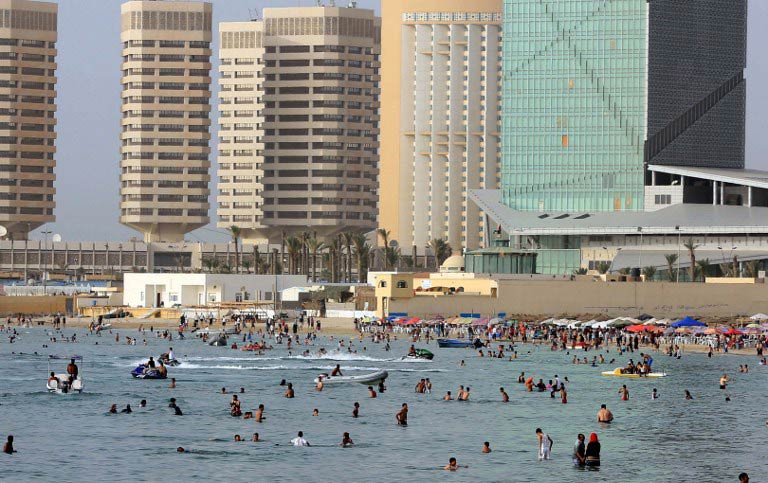
Yes, I may hear the occasional 14.5mm round go off, but it has become my Libyan white noise. Life in Libya is carrying on, it’s business as usual. Bakeries are filled with delicious soft bread, cafés buzz with their loyal caffeine- and nicotine-addicted patrons, vegetable stands are filled and shopkeepers are bringing in the latest styles (skinny jeans and flats are all the rage). There isn’t a week that goes by when I don’t stand back and say: “I can’t believe this is Libya.”
Articles and analyses by “experts” portray Libya on a broken, dangerous, and dead-end path. But these writers are not here. They don’t see kids running happily to school with new books and uniforms. They don’t see the policemen who’ve just recently graduated guarding our neighborhoods. They don’t discuss the grassroots initiatives that clean up the streets.
Libya might make my OCD tendencies flare up and stores may not have my favorite balsamic dressing, but this country has given me an opportunity to grow personally and professionally. It’s the land of my father and the place I now call home.
Assia Amry is a Libyan-American and a graduate of political science and international relations. She currently lives in Tripoli. Follow her on Twitter.
